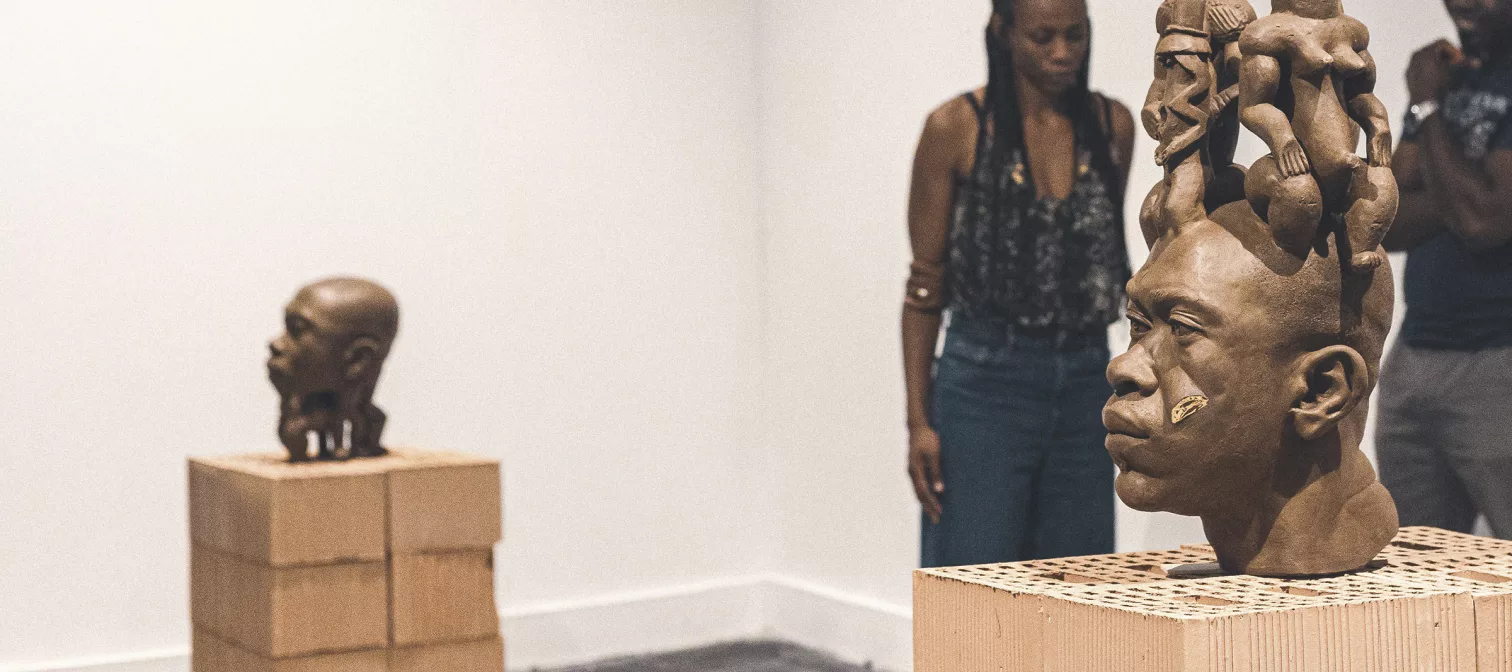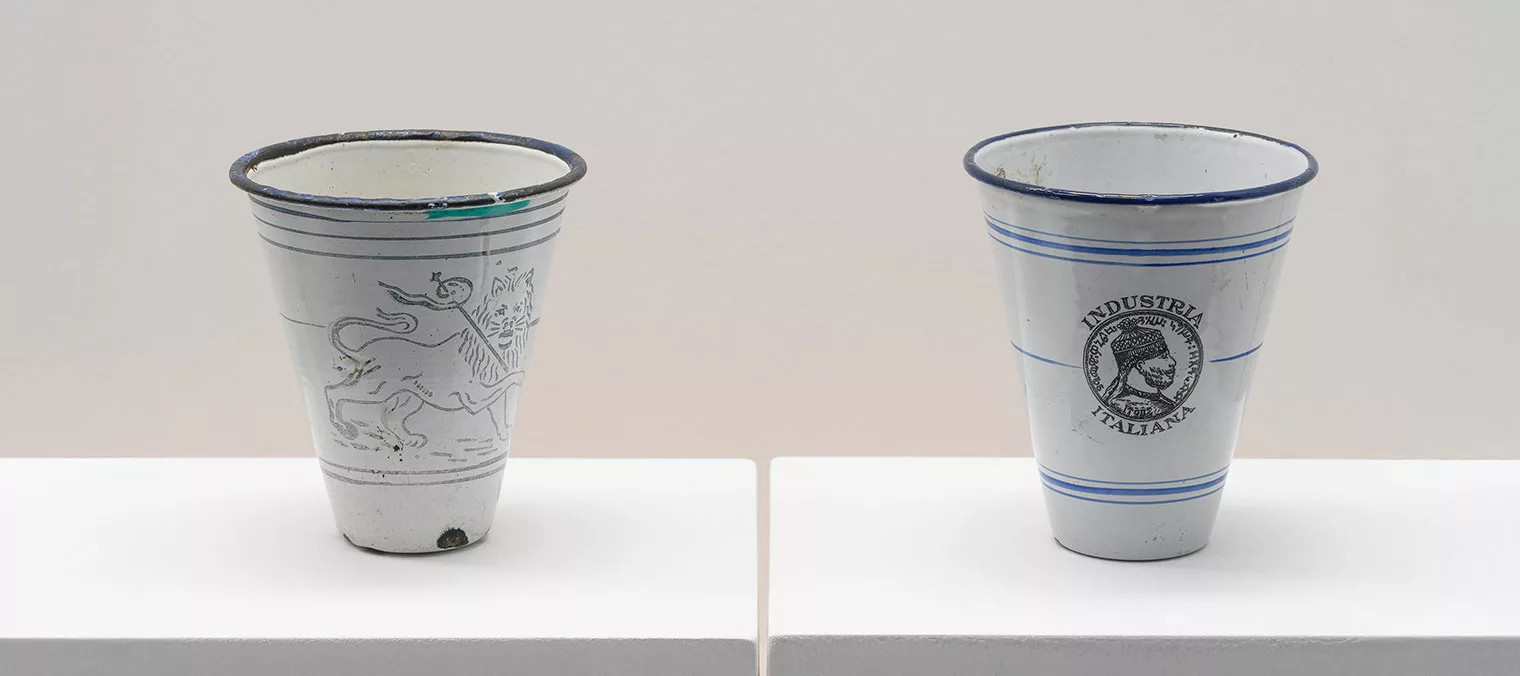
Forms of restitution
This issue explores expressions of intangible cultural heritage – from culinary arts to sculptures – which speak of past, contemporary artistic productions, and cultural restitutions between Italy and Cameroon, delving into a series of events and activities carried out at the Museum of Civilizations with the support of the Servizio Relazioni Internazionali of the Ministry of Culture.
The contributions, curated by Johanne Affricot and Eric Otieno Sumba, reflect on forms of recovery and innovation of food-related traditions and knowledges in West Africa through the work of Fulani Chef Fatmata Binta and Chef of Nigerian origins Immaculate Ruému. The immaterial dimension is also a key element in the productions of material culture made by African artists and artisans both in the past and in contemporary times. Victor Fotso Nye reflects on this theme in Suspended Identities, starting with works and objects of African provenance and questioning their presence in Western museums as well as their perceived absence in the education of new African generations.


